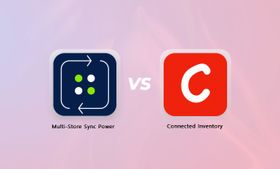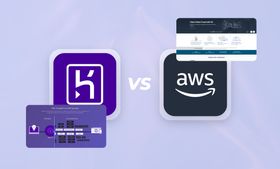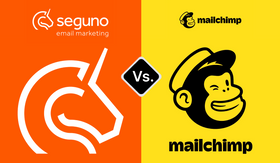Compare eCommerce Apps
We thoroughly test and compare similar eCommerce apps across a number of parameters to help you find the app best suited to your store.
App Comparisons

Multi-Store Sync Power vs. Connected Inventory: Which Is Best for Your Shopify Store?
Running a scaling Shopify store can be a full-time job. Keeping track of inventory over multiple collections, stores, warehouses, and various fulfillment channels can become complex if you're doing it

Yotpo vs. Stamped.io - Pricing, Features, Integrations, Support, and More
Customer reviews are proving to be a highly effective way of social proofing an online business, and perhaps there’s no better way to achieve this than with either Yotpo or Stamped.io. Although, befor

Simple Sample Data vs. SafetyTest: Which Is the Better Test Data Generator?
As e-commerce store owners, we know how vital it is for our sites to work flawlessly. That's why testing your e-commerce store is a crucial step to make sure customers won't run into any problems. Tes

Heroku vs. AWS: Which Is Best for Business Startups?
Judging by the whopping 255 billion mobile app downloads in 2022 alone, it doesn't take much to connect the dots: e-commerce stores, especially startups, have a lot to gain by developing their own app

Seguno vs. Mailchimp: Ease of Use, Pricing, Features, and Support
In today's digital world, mastering email marketing is a must for any company. The days of writing out a general email and manually sending it are over; now, crafting unique emails and automating flow
